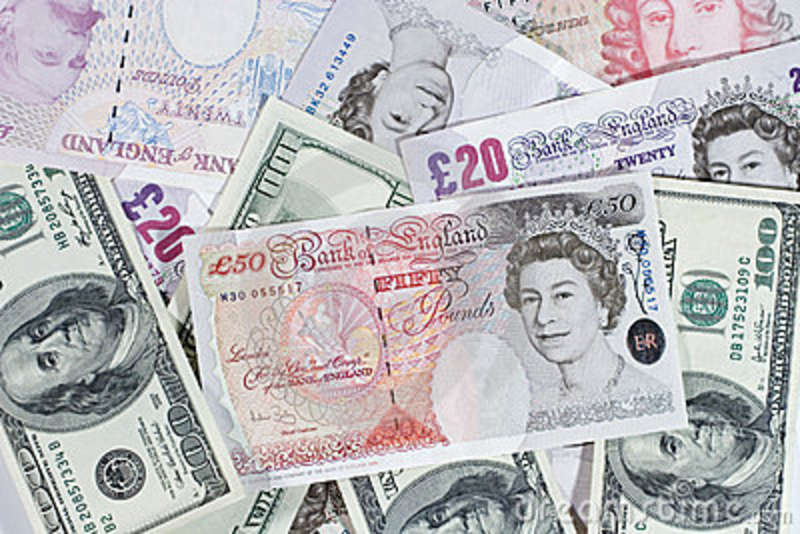Data from the National Bureau of Statistics reveal Nigeria has attracted about $2.7 billion in capital importation in the first 6 months of 2017.
Nigeria attracts millions of dollars in foreign investments every year most of which pass through commercial banks. Interestingly, out of the about 88 countries where Nigeria has imported capital from at one time or the other, 6 of these countries make up about 80% of total imported capital.
[wpdatachart id=139]
The chart above confirms Nigeria still relies heavily on the west for much of its capital imports. Between the United States, UK and Belgium about $1.8 trillion was imported in the first half of 2017. Thus, Nigeria relies heavily on these countries for its foreign investments, at least in 2017.
Singapore, South Africa and Mauritius also make up the other half of the top six combining to provide Nigeria with about $480 million of important capital. Analysts also suggest most of the funds coming in from Mauritius is due to the double taxation agreement they have with Nigeria and also account for some of the funds that may have flowed from South Africa.
Why is this necessary
As a retail investor, it is important to understand that these countries play a crucial role in Nigeria’s quest to attract foreign investment and grow its economy. The data for example shows most of the people who investment in our capital market are from these countries and so it is important to follow whatever happens in their economy.
For example, as the UK is contemplating how to go about Brexit, investors should watch closely especially as it could have negative consequences on their economy which could in turn affect Nigeria.
In the United States, investors have been scourging emerging markets for higher returns on the back of low interest rates, which they have enjoyed since the economic crisis. The threat for us in Nigeria is that, if the US Fed (their version of Central bank) decides to raise their benchmark interest rate further, then it could affect outflow of forex into emerging markets like Nigeria. Raising rates will make investing in the US more attractive and outside the US less attractive, a proposition promoted by the US President, Trump.
We should also have one eye on the political unrest in South Africa as it could hamper foreign investor outflow to its African neighbours, especially Nigeria.
